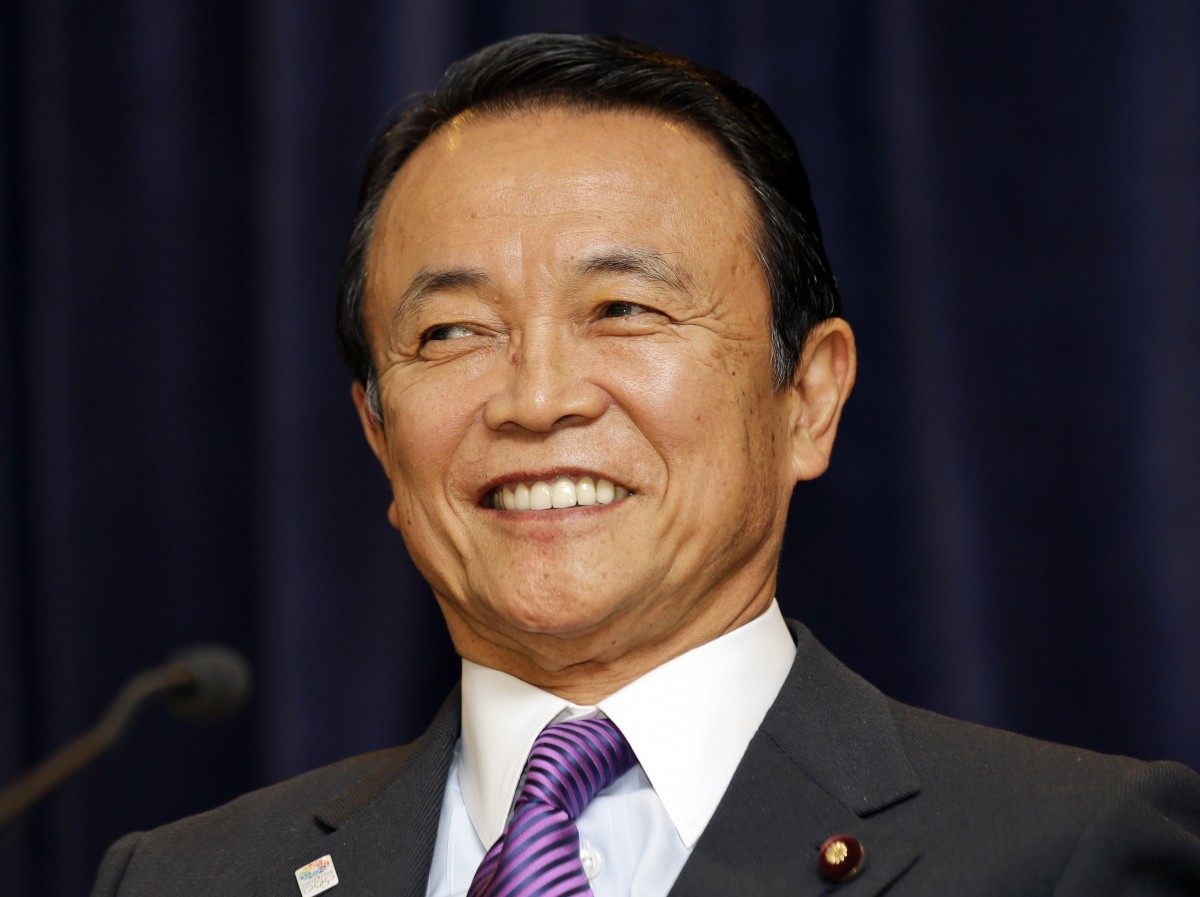
Japan can thank a poor grasp of English among the country’s bankers for the country’s weathering the 2008 global credit crisis virtually unscathed, according to Finance Minister Taro Aso.
Aso said senior Japanese bankers did not speak English well enough to understand the complex financial instruments that brought the other major global players undone.
According to a report in the Japan Times, Aso told a seminar in Tokyo:
“Many people fell prey to the dubious products, or so-called subprime loans. Japanese banks were not so much attracted to these products, compared with European banks. There was an American who said Japanese banks are healthy, but that’s not true at all. Managers of Japanese banks hardly understood English. That’s why they didn’t buy.”
So had those same bankers has the benefit of knowing the Queen’s English have meant a different fate for Japan during the Global Financial Crisis?
Most likely, a report in the Wall Street Journal would indicate.
The WSJ wrote that Aso, himself a successful businessman, recently declared that companies had become too risk-averse.
As a result of focusing too much on safety, Japanese banks now had no borrowers, and thus couldn’t make money.
The financial paper wrote:
Following the collapse of the economic bubble in early 1990s, Japanese companies ‘shifted gear from profit-maximization to debt-minimization,’ he said. “All the profit was used to repay the debt.”
Aso, a former prime minister, is no stranger to controversy.
Off-the-cuff remarks that have landed him in hot water before include saying that the elderly should be allowed to “hurry up and die” instead of costing the government money with expensive end-of-life medical care.
This article originally was published at Global Post.


